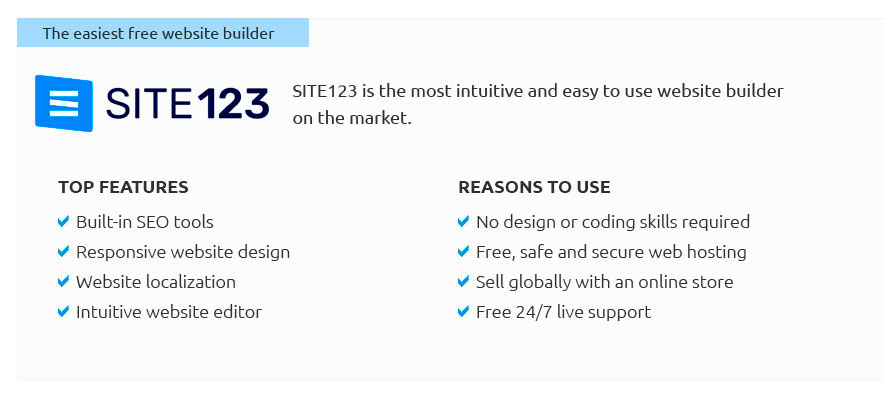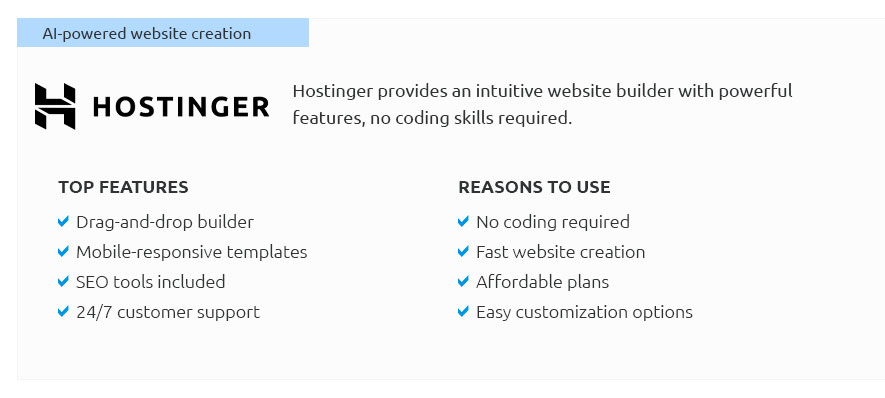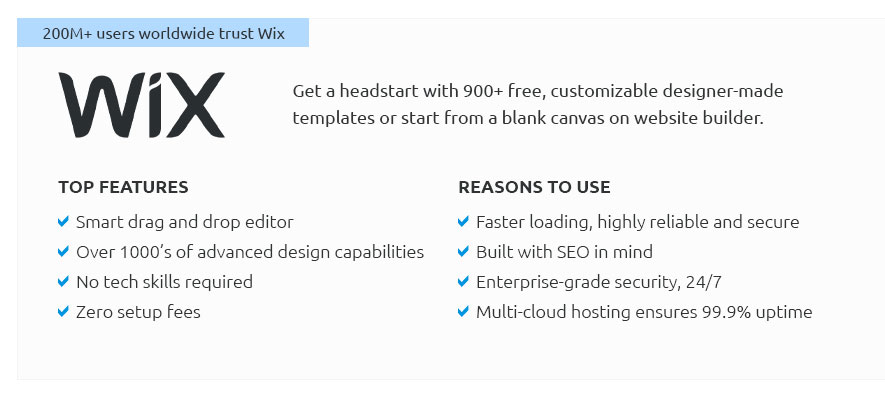 |
 |
 |
 |
|
 |
 |
 |
|
 |
|
 |
 |
|
 |
|
 |
|
 |
 |
How to Setup a Website: A Comprehensive GuideCreating a website can seem daunting, but with the right steps, anyone can do it. In this guide, we'll walk you through the essential steps to set up your website effectively. Choosing a Domain NameThe first step in setting up a website is selecting a domain name. Your domain name should be easy to remember, reflect your brand or purpose, and be unique. Check Domain AvailabilityBefore finalizing your domain name, ensure it's available. Use a domain registrar to check the availability of your desired domain name. Register Your DomainOnce you've chosen a domain, register it with a reputable registrar. Consider purchasing variations and extensions to protect your brand. Selecting a Web Hosting ProviderWeb hosting is where your website files are stored. Choose a hosting provider that meets your needs in terms of speed, security, and support.
Building Your WebsiteThere are several ways to build a website. You can use a website builder, a CMS, or code from scratch. Using a Website BuilderWebsite builders are user-friendly and often have drag-and-drop features. For those looking for a detailed guide, check out this best free website builder review. Content Management Systems (CMS)CMS platforms like WordPress offer flexibility and a wide range of plugins and themes, making it easy to customize your site. Designing Your WebsiteDesign plays a crucial role in user experience. Ensure your website is visually appealing and easy to navigate.
Launching Your WebsiteBefore going live, test your website thoroughly. Check all links, forms, and media to ensure they work correctly. SEO OptimizationOptimize your website for search engines to increase visibility. Use relevant keywords, meta tags, and ensure fast loading speeds. Monitor and UpdateAfter launching, regularly update your website content and software to keep it secure and relevant. For those interested in specific industry examples, you can learn more about how to create a shipping website with tracking. FAQWhat is a domain name?A domain name is your website's address on the internet. It's what users type into their browser to access your site. Why is web hosting important?Web hosting is crucial because it provides the server space where your website's files are stored, ensuring your site is accessible online. Can I change my website design after it's live?Yes, you can change your website design at any time. However, ensure that any changes enhance the user experience and align with your branding. https://answers.microsoft.com/en-us/windows/forum/all/how-to-website-server-setup-by-microsoft-only/227b167e-4eb9-4688-8f3c-d77011ce7384
3 to 4 years ago, to setup the website server, I had done a folder in the C disk of Microsoft's my computer. But now I have forgotten. https://www.quora.com/How-can-you-create-a-simple-professional-looking-website-without-having-to-pay-a-monthly-fee-or-even-set-up-an-account
... website without any monthly fees or account setup required ... It is simple to setup a website without knowing coding. Buy Domain ... https://wordpress.org/support/topic/proper-setup-before-building-a-business-website/
1) Don't put page content in Site Editor! 2) Create two new pages, your home page and blog/posts page as set in reading settings as normal 3) Edit home page ...
|